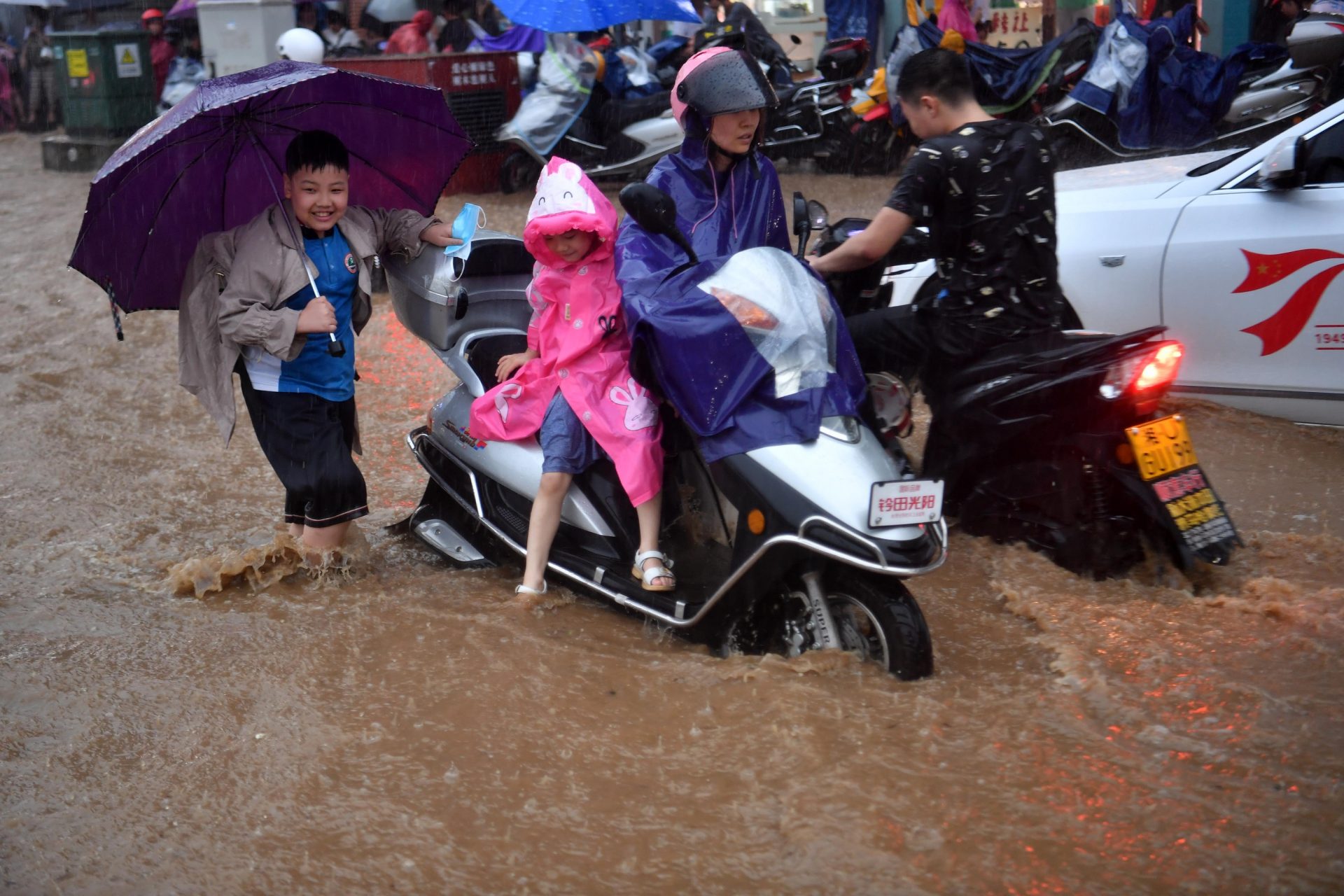We have not yet recovered from one plague and the next one arrives. A giant dust cloud from the Sahara Desert reached the states along the US Gulf Coast affecting air quality.
The phenomenon is not uncommon, but its size and strength is unusual, according to NASA. The record-setting dust storm came at the same time as information of a locust swarm’s invasion in South America, destroying up to 80% of the crops in their path. And all this is happening while the coronavirus pandemic is spreading ever faster. Nature’s signals are unequivocal; we just need to learn how to read them in order to shift from helplessness state to hopefulness.
“After long generations of development, nature now requires us to mature and ask ourselves, what we are living for, what is the point of our existence, do we want to continue to carry on with daily life without understanding what we should do, and for what purpose.”
We are definitely experiencing times similar to the ten plagues of ancient Egypt. More maladies are forecast to arrive. Without considering the impact of other environmental factors that already put food sufficiency at risk, the UN estimates that the coronavirus crisis alone could double the number of people suffering acute hunger to 265 million globally by the end of this year.
When people face incomprehensible blows and take a surface look at them, end of-time theories emerge. The magnitude and frequency of disasters are certainly perceived as a worrisome “perfect storm” to people. However, such epidemics and other natural calamities occur in order to lead humanity to examine its course of action toward nature and rethink its goals above a mere existential life.
After long generations of development, nature now requires us to mature and ask ourselves, what we are living for, what is the point of our existence, do we want to continue to carry on with daily life without understanding what we should do, and for what purpose. Nature wants us to answer these questions and grow. Until now, we have advanced unconsciously like small children, led by a selfish desire to receive for ourselves, running after futile pleasures to the detriment of others.
The human egoistic approach contradicts the perfect balance of the entire natural system. Therefore, nature pushes us from behind until we become aware and understand the program that controls creation. It is a sort of inner “software of nature” that operates every aspect of our planet. We need to crack that system’s code, penetrate it, and take an active part in managing the entire reality.
Once we understand how this program works, adjusting our attitude toward one another, fixing our relationships, we will positively affect the whole system. Above all natural egoistic tendencies, we must learn to build bonds of connection, consideration, mutual responsibility, and love. By merely thinking in the direction of mutual consideration, all of nature will begin to calm. We will bring balance to all mankind, to the whole earth, and to the entire universe, since thought is the most powerful force in reality.
Thoughts work similar to a magnetic field. We do not see the forces operating behind that field but they exist and influence each other. Likewise, we humans positively affect others through our thoughts about how to increase connection.
Nothing happens by chance or without purpose. The world is enduring tremendous challenges. Even though they are usually perceived as unbearable, we can see their positive side if we realize that these blows help us accelerate the process of connecting. They are aimed at uniting us, at revealing how we depend on each other to survive and prosper. But we should not wait for disasters to awaken the sense of unity among us. By fixing our human relations and our interaction with nature, we will be able to avoid these blows and feel wholeness and benevolence from nature.











